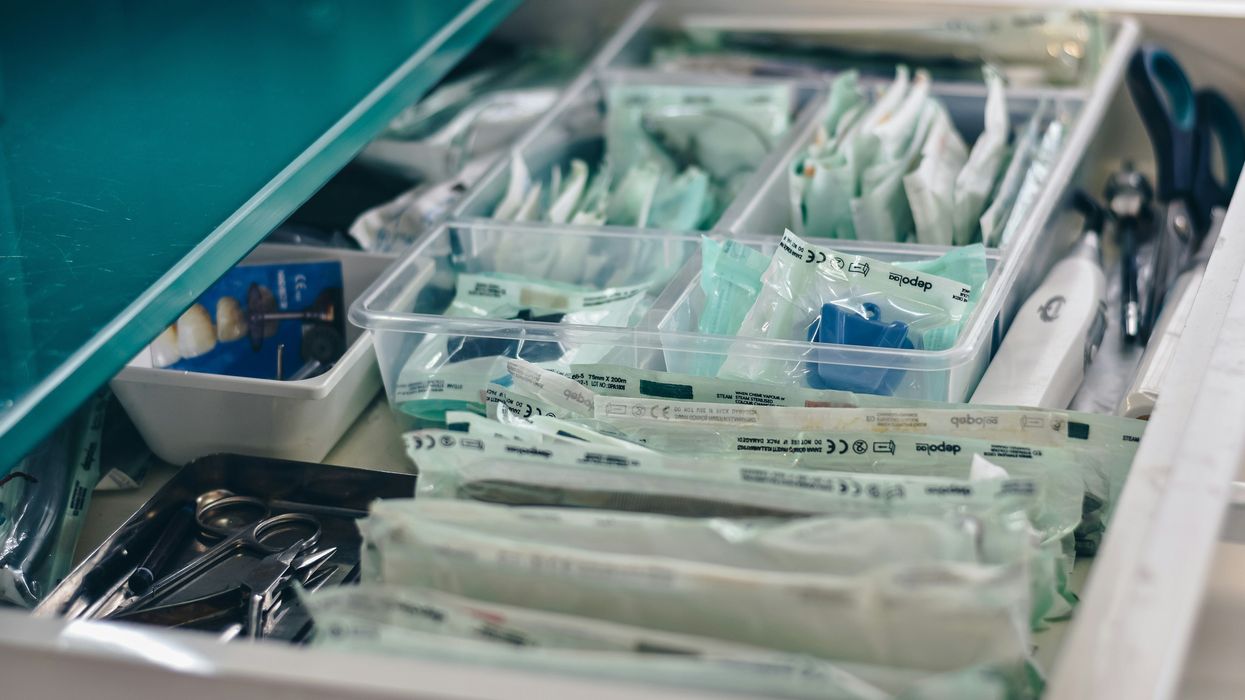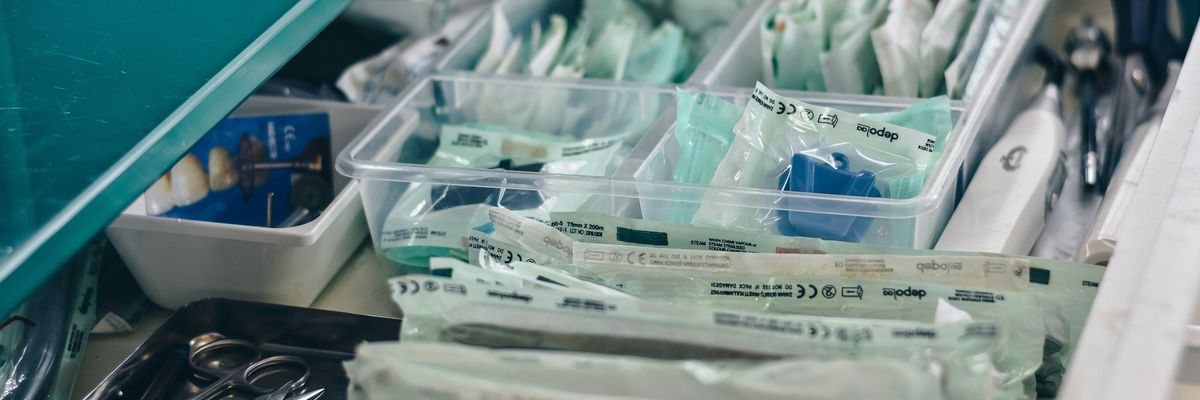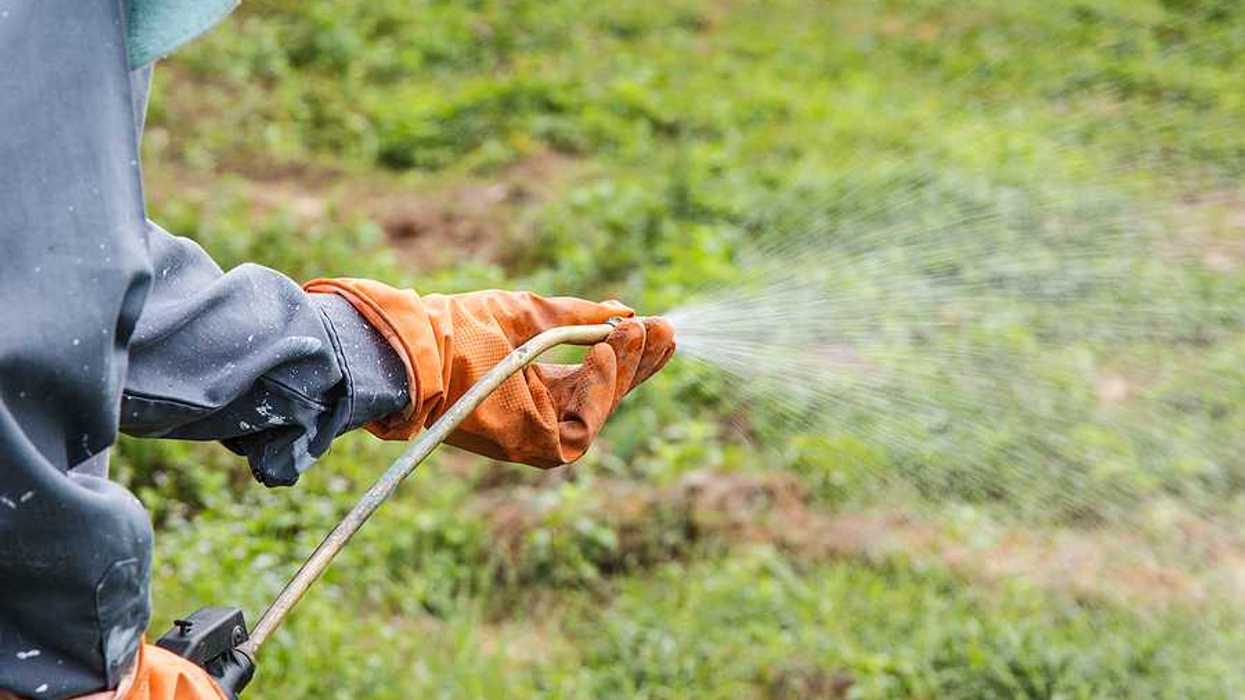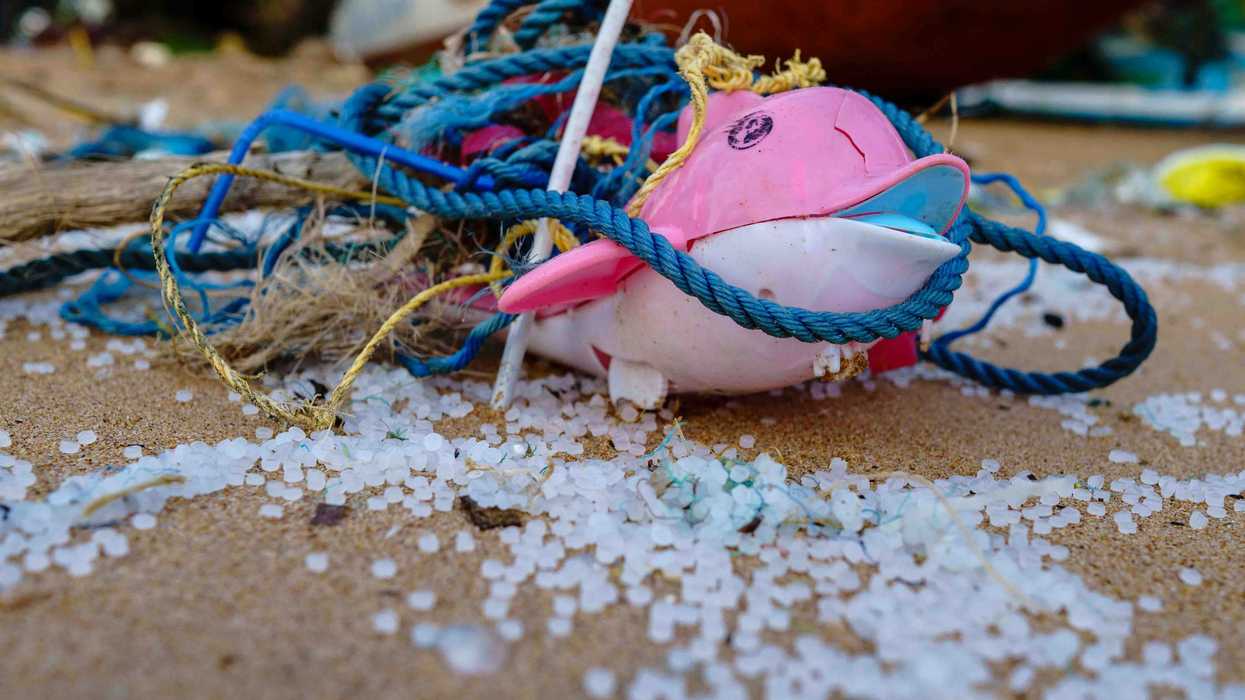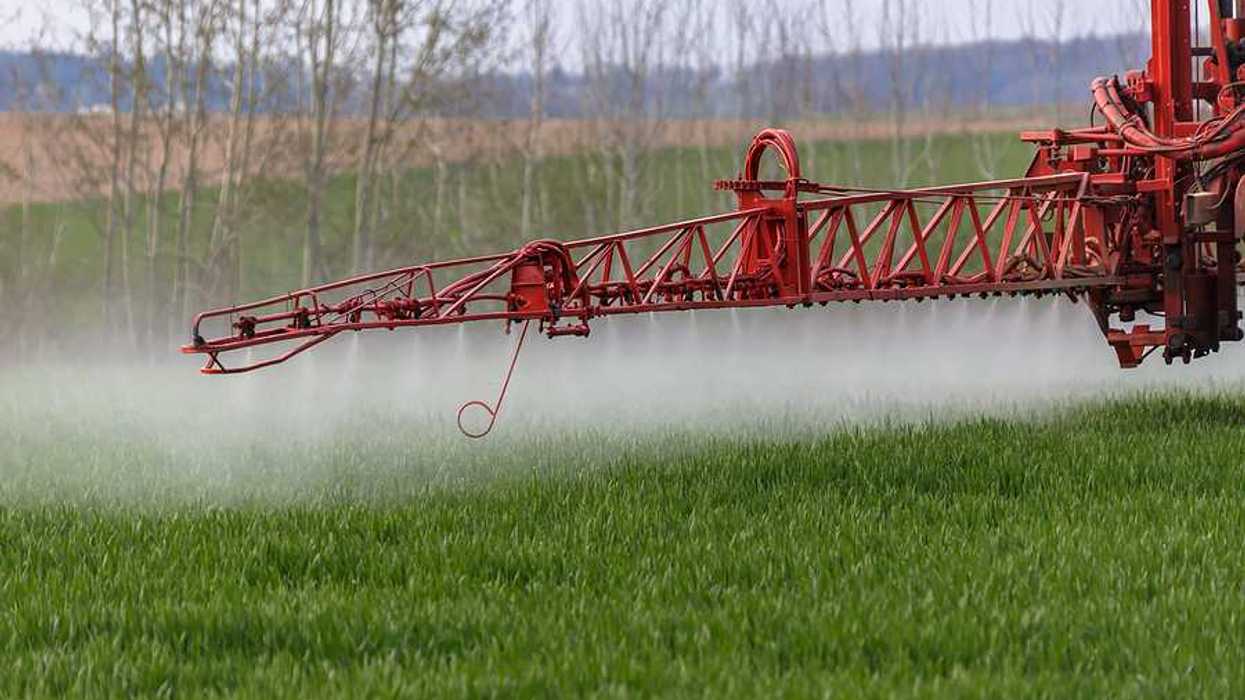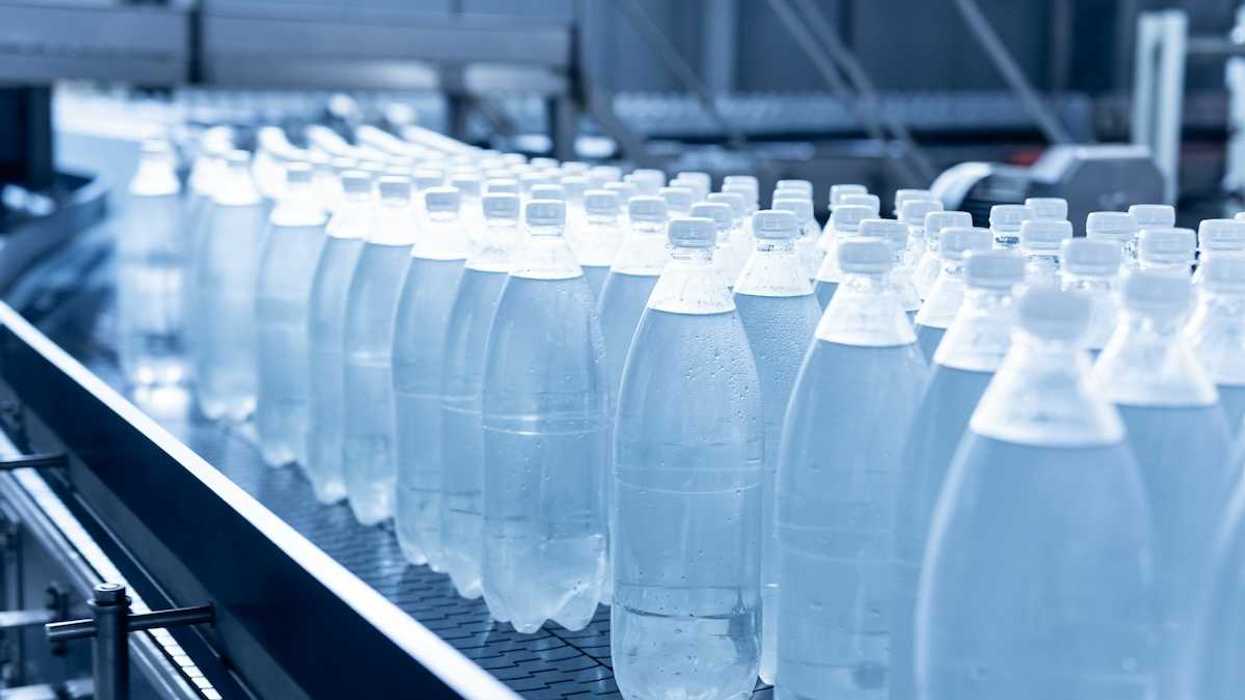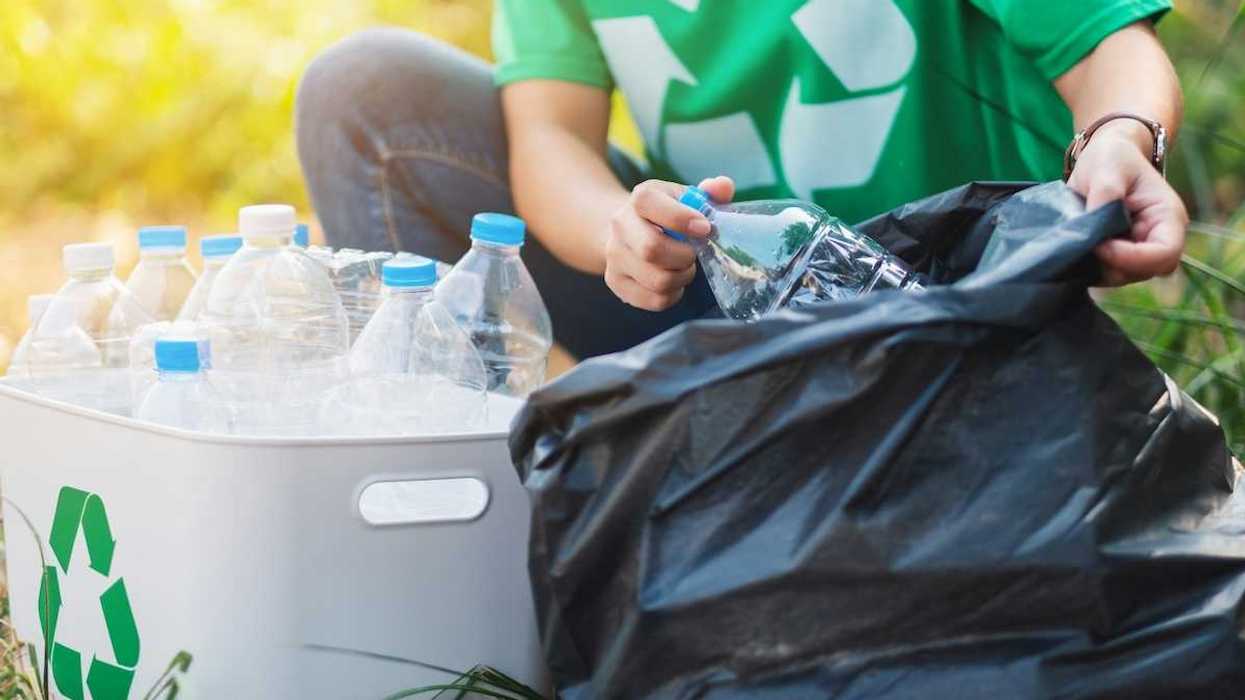Using a medical treatment for heart disease as an example, a new paper published in Journal of Hazardous Materials examines the potential for medical procedures to contribute to micro- and nanoplastic (MNP) contamination in the body.
In short:
- Many medical procedures involve devices that contain plastic and come in direct contact with a patient’s blood during treatment.
- The levels of MNPs present in a patients’ blood increased significantly following their procedure.
- The same types of MNPs measured in patients’ blood were also detected in the water used to wash the medical devices.
Key quote:
“A range of medical practices… which use plastic devices and are in direct contact with blood and tissue, may be a new way for [MNPs] without size limitation to enter the body.”
Why this matters:
Plastic use has continued to grow exponentially since the mid-twentieth century, with nearly a metric ton of plastic waste produced for every person on the planet. Recent studies have confirmed that microplastics are present in everything from bottled water to meat and all parts of the human body that have been examined. The questions this study raises about the role of medical treatments in patients’ exposure to microplastics are critical and warrant more research.
Related EHN coverage:
- Op-ed: Strengthening microplastic regulation to protect our kidneys
- Toxic plasticizer in medical devices faces state bans
More resources:
- NPR: Environmental Health Sciences Senior Scientist Dr. Shanna Swan comments on a recent microplastics study in Plastic junk? Researchers find tiny particles in men's testicles. Dr. Swan points out that microplastic research is just beginning, and that quality control measures need to be addressed before we can accurately draw conclusions about microplastics and health.
- Microplastics are everywhere: Is it possible to reduce our exposure? ›
- How microplastics are infiltrating the food you eat ›

